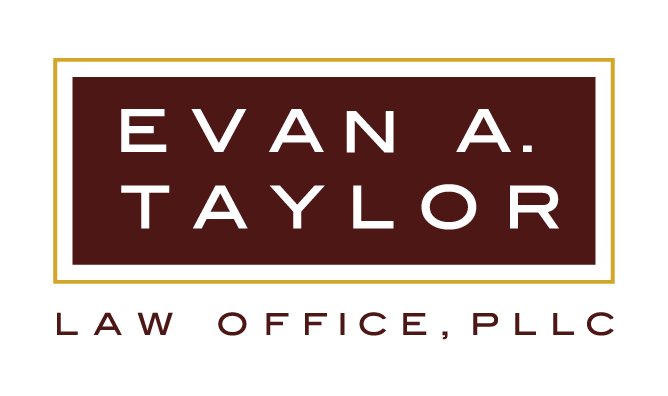Welcome to the Law Laboratory. This is a part of the site where we are trying out new ways of helping people solve their legal problems using technology paired with old fashioned lawyering.
A great lawyer I know said, “Evan, before you go and change things try to understand why people do it the way they do, because often there is a very good reason.”
Bearing that in mind and with an eye towards innovation, we are trying new things here. Let us know what you think.

